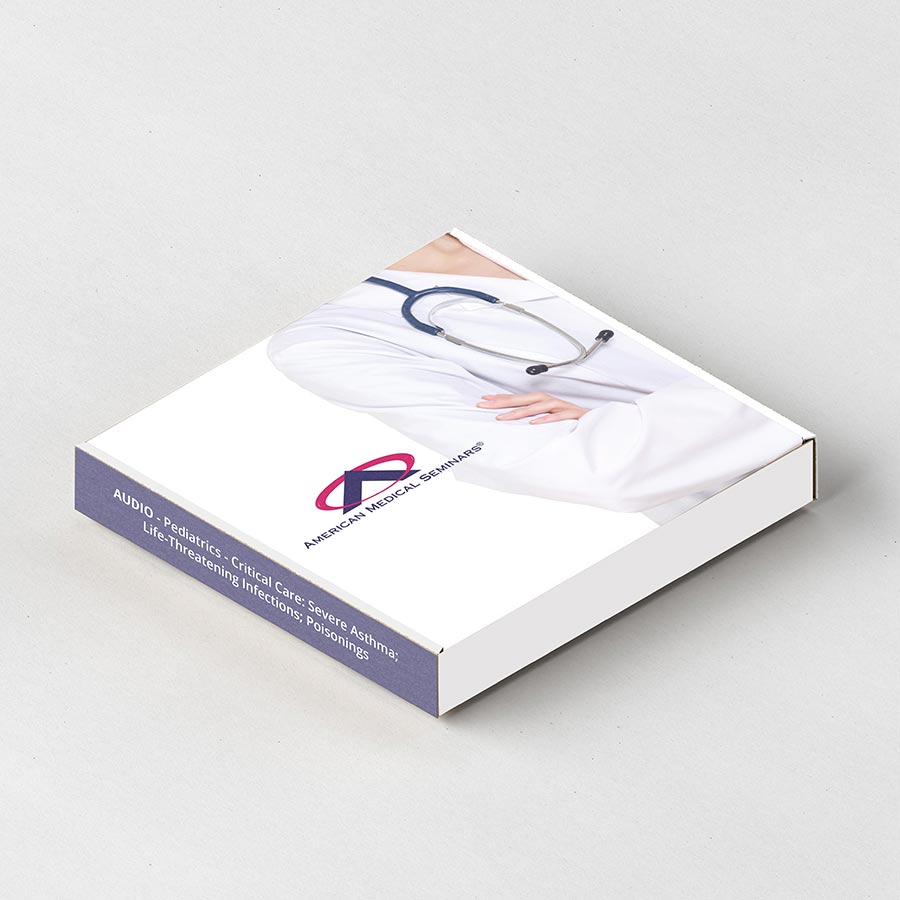Product Description
Title: Pediatrics – Urgent Care: Febrile Infant/Toddler; Dehydration; Animal Bites
Faculty: Jeffrey A. Seiden, M.D., F.A.A.P., Rakesh D. Mistry, M.D., M.S., John M. Loiselle, M.D., F.A.A.P.
Original Release Date: July 1, 2018 Expiration Date: July 1, 2021
TOPIC 1: Approach to Febrile Infants and Toddler.
Upon completion of this session, using published guidelines and evidence-based medicine, the participant should be able to: EBM, GL, COMP
- Assess the risks of various management strategies of febrile infants less than 2 months of age.
- Appraise recent data concerning the clinical approach to febrile young infants.
- Appraise data concerning the diagnostic evaluation of febrile children 3-24 months of age.
- Recognize the changing epidemiology of invasive bacterial infections secondary to widespread vaccination practices.
TOPIC 2: Evaluation and Management of Dehydration in Children.
Upon completion of this session, the participant should be able to: EBM, COMP
- Determine the degree of dehydration in children using common clinical findings.
- Relate appropriate indications for laboratory evaluation and intravenous fluid therapy for dehydrated children.
- Describe the various methods of rehydration for children.
- Utilize current evidence to understand the role of anti-emetics and oral rehydration therapy in treatment of children with dehydration.
TOPIC 3: Managing Animal Bites.
Upon completion of this session, the participant should be able to: COMP, GL
- Identify those bites that are at particular risk of infection.
- Summarize the arguments for and against the use of prophylactic antibiotics in specific bite wounds.
- Match specific infecting organisms with the biting animal.
- Provide animal bite prevention strategies for your patient families.
- Apply ACIP and AAP guidelines when providing Rabies and Tetanus immunizations to patients who have sustained an animal bite.
- The receipt for any incentive-associated purchase will designate the value of the gift card separately from the cost of the learning activity.
- This incentive may have implications on your tax reporting obligations. Any reimbursed amount must be declared as personal income for tax purposes.


